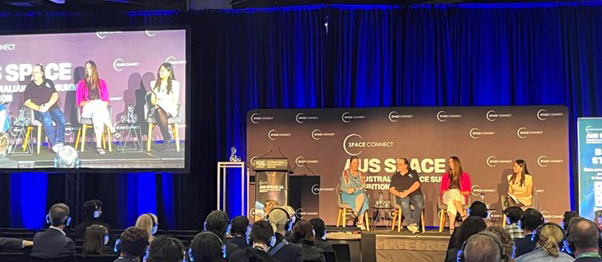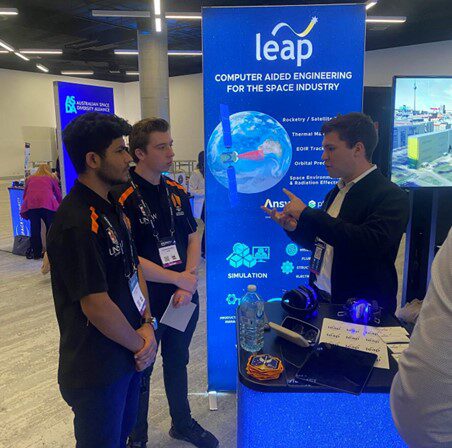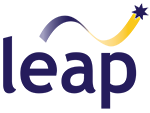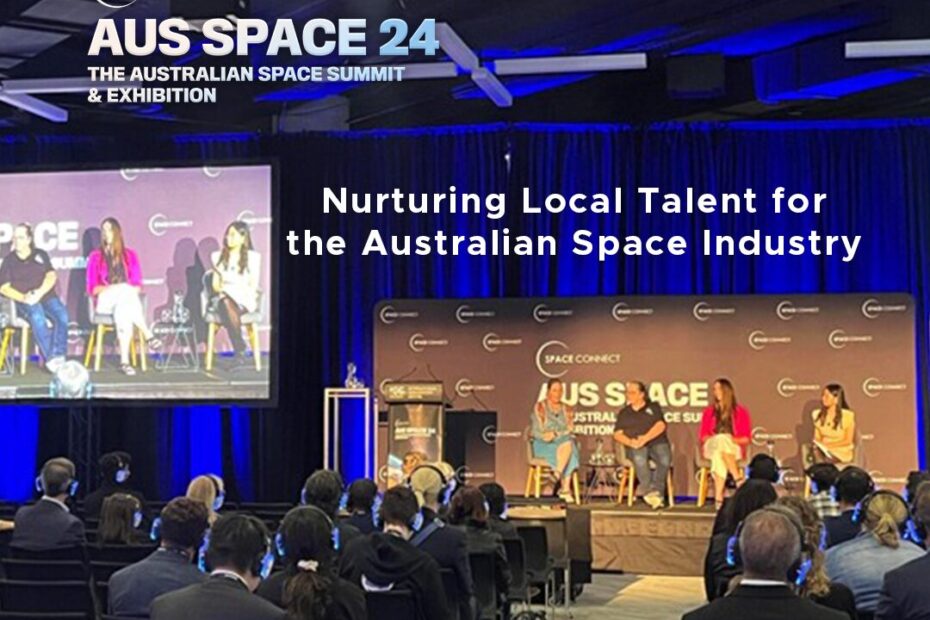Australia finds itself at the threshold of a new era in space exploration, with local employment in the space sector growing from 5,000 to over 17,000 by the end of 2023.
At the AusSpace24 Australian Space Summit in Sydney this week, Kaylee Li, University Student Team Partnership Coordinator from LEAP (and current University of Sydney student) joined an illuminating panel discussion on this very topic, along with Anntonette Dailey (Advisor to Industry on Government Space Relations), Jackie Carpenter (Managing Director, One Giant Leap Australia Foundation) and Dr Joni Sytsma (Chief Technology Officer, University of Southern Queensland iLAuNCH Program).

The panel discussion on Day 1 started with noting that recent projections have indicated the need for an additional 15,000 skilled workers in the Australian space sector by 2030, as the nation begins to rely increasingly on satellites for both defence and communications.
How does Australia navigate this demand for space talent amidst a landscape of scarcity and disinterest in STEM subjects?
Kaylee (LEAP): It’s important to acknowledge the multifaceted nature of the challenge before us. Through my journey as a University Student Team Partnership Coordinator, I’ve witnessed the growth of many student teams, especially in the space domain. As an aerospace engineering student and founder of a student team, Sydney Interplanetary Rover Initiative, at the University of Sydney building next-generation Lunar and Mars Rovers with a model-based approach, I’ve had first-hand experience with the challenges and opportunities in this field.
At LEAP Australia, we support the iLaunch Trailblazer program, focusing on hypersonic and re-entry simulation and modelling with Ansys STK and Ansys multiphysics software. This partnership not only advances technical capabilities but also provides students with exposure to cutting-edge technologies and industry-standard software while working on practical applications in the space sector.

From a youth perspective, what can industry, government, and academic sectors do to support more young people to study and pursue a career in the space sector?

Kaylee (LEAP): There’s a lot of assumptions around doing space that you need to be Einstein level smart which isn’t true. Especially for girls in high school, entering the space industry isn’t even on their radar because it’s perceived to be out of their reach and potential so they focus on what they believe is achievable. We need to change this narrative by showcasing the diversity and relatability of space professionals. Highlighting that a career in space is achievable for those willing to work hard, rather than just the exceptionally gifted, can make these fields more accessible.
Systematic exposure to space-related education and available career pathways from an early stage is crucial. Universities should provide more financial support to students, as many are forced to drop to part-time studies to manage living costs. Increasing the availability of domestic space internships, which are currently limited, can provide essential hands-on experience.
The perception of the space industry as being dominated by startups with uncertain futures can also be discouraging. Ensuring that the industry matures and offers stable, long-term career opportunities is essential to longer-term growth and stability. This includes more visible and reliable career pathways, showcasing successful projects, and emphasising that the space sector is not just reliant on government grants but is also a viable commercial field.
Finally, I would love to see more on-the-ground engineering and technical internship opportunities made available within Australia. Currently, many space-related internships are overseas, limiting accessibility for students or potentially pushing our best-and-brightest to travel overseas seeking better opportunities. Providing more local internship and training roles will help students gain relevant experience and see a clear career trajectory for them in the Australian space industry.

LEAP Australia is proud to provide software and support to academic teams across a wide range of competitions including the Formula SAE, the World Solar Challenge, Rocketry competitions, the UAV Challenge and F1 in Schools. Click here to learn more about how LEAP supports student teams.

